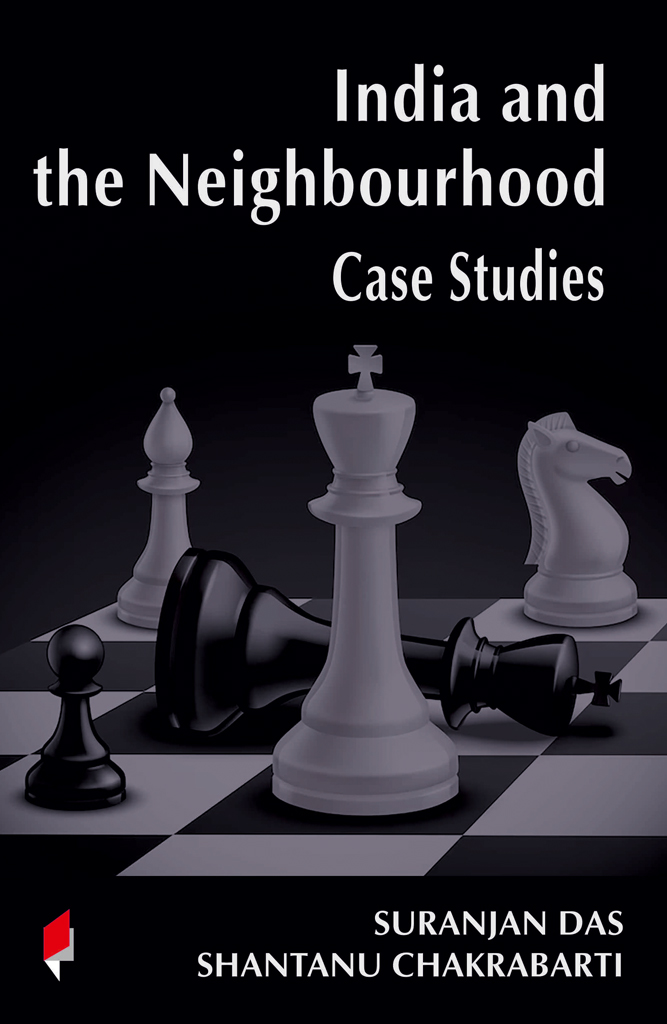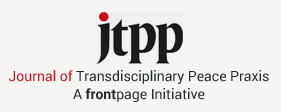India and the Neighbourhood : Case Studies

Binding:PaperbackSize: 140x215 mm
Pages: 168
India’s emergence as a new major power in the global sphere has been noted across the spectrum. India’s capacity to succeed in emerging and sustaining herself as a significant global player is, however, crucially dependent on the evolving dynamics within the spheres of its neighbourhood and India’s capacity to make this rise acceptable and enthusiastic. In this connection, it is important to note that the concept of ‘region’ or ‘neighbourhood’ has been enhanced to bypass geographical divisions and now includes not only South Asia but also India’s extended neighbourhood consisting of West Asia, Central Asia along with Southeast and East Asia.
India’s neighbourhood policy, launched under Prime Minister Narendra Modi since 2014, not only undertook a fresh initiative towards India’s immediate neighbourhood in South Asia but also recalibrated itself and extended into other Asian regions. This was perhaps necessitated by the failure of the SAARC to ensure regionalism in any substantial manner but more importantly, this is an acceptance of the pre-colonial and colonial linkages that had evolved and thrived till the emergence of the post 1945 global order signified by the Cold War dynamics.
Given the importance of India’s neighbourhood policymaking within the context of India’s global diplomacy, the recently established Kolkata based think tank Bandhan-HP Ghosh Centre deemed it fit to initiate a research project trying to cover key areas of India’s neighbourhood policymaking. The present volume, titled India and the Neighbourhood: Case Studies and edited by Suranjan Das and Shantanu Chakrabarti, is an outcome of the first phase of research under this project and covers India’s evolving relations with her South Asian neighbours; with Central Asian Republics (CARs); Afghanistan and Bhutan.
Editors:
Suranjan Das: Former Vice-Chancellor of Calcutta and Jadavpur University and currently Vice-Chancellor, Adamas University, Kolkata, and Honorary Director, Netaji Institute for Asian Studies, Kolkata
Shantanu Chakrabarti: Professor of History, University of Calcutta, Kolkata
Contents
Introduction
India’s Neighbourhood Policy in the Context of its Global Outreach
SHANTANU CHAKRABARTI
India and Bhutan: Contours of Constructive Bilateralism
SURANJAN DAS & SHANTANU CHAKRABARTI
India and Afghanistan—A Tortuous Process of Engagement
SURANJAN DAS, SHANTANU CHAKRABARTI, SUBHADEEP BHATTACHARYA & AMARTYA CHOWDHURY
India and Central Asia: Towards a Slow but Positive Incremental Relationship
SURANJAN DAS, SHANTANU CHAKRABARTI & SRAMANA MAJUMDAR
Contributors
BHATTACHARYA, SUBHADEEP was a Research Assistant at Netaji Institute for Asian Studies, Kolkata.
CHAKRABARTI, SHANTANU is Professor of History, University of Calcutta, Kolkata.
CHOWDHURY, AMARTYA was a Research Assistant at Bandhan-H P Ghosh Research Centre, Kolkata, and currently is a PhD student at the University of Albany, State University of New York, USA.
DAS, SURANJAN is former Vice-Chancellor of Calcutta and Jadavpur University and currently Vice-Chancellor, Adamas University, Kolkata, and Honorary Director, Netaji Institute for Asian Studies, Kolkata.
MAJUMDAR, SRAMANA, a former Research Assistant at Bandhan-H P Ghosh Research Centre, is now pursuing Graduate Studies at the School of Oriental and African Studies (SOAS), London.
This book is for sale only in India, Pakistan, Bhutan, Nepal, Bangladesh, and Sri Lanka.
In rest of the world, the sale and distribution is by Springer Nature Group.
Published Price: INR 395
Online Buying Price: INR 350
Please go to Buy Now India and the Neighbourhood Case Studies




